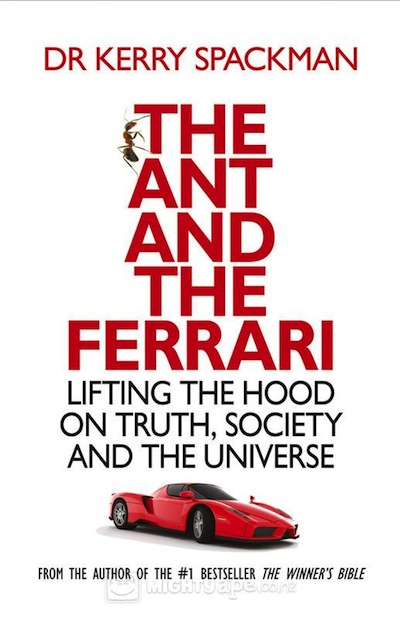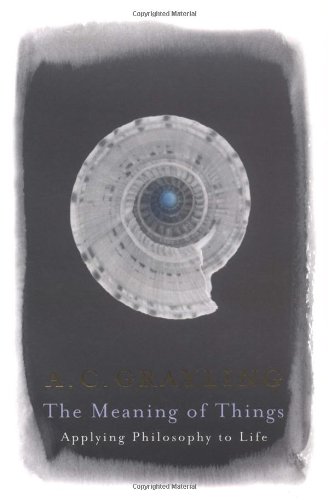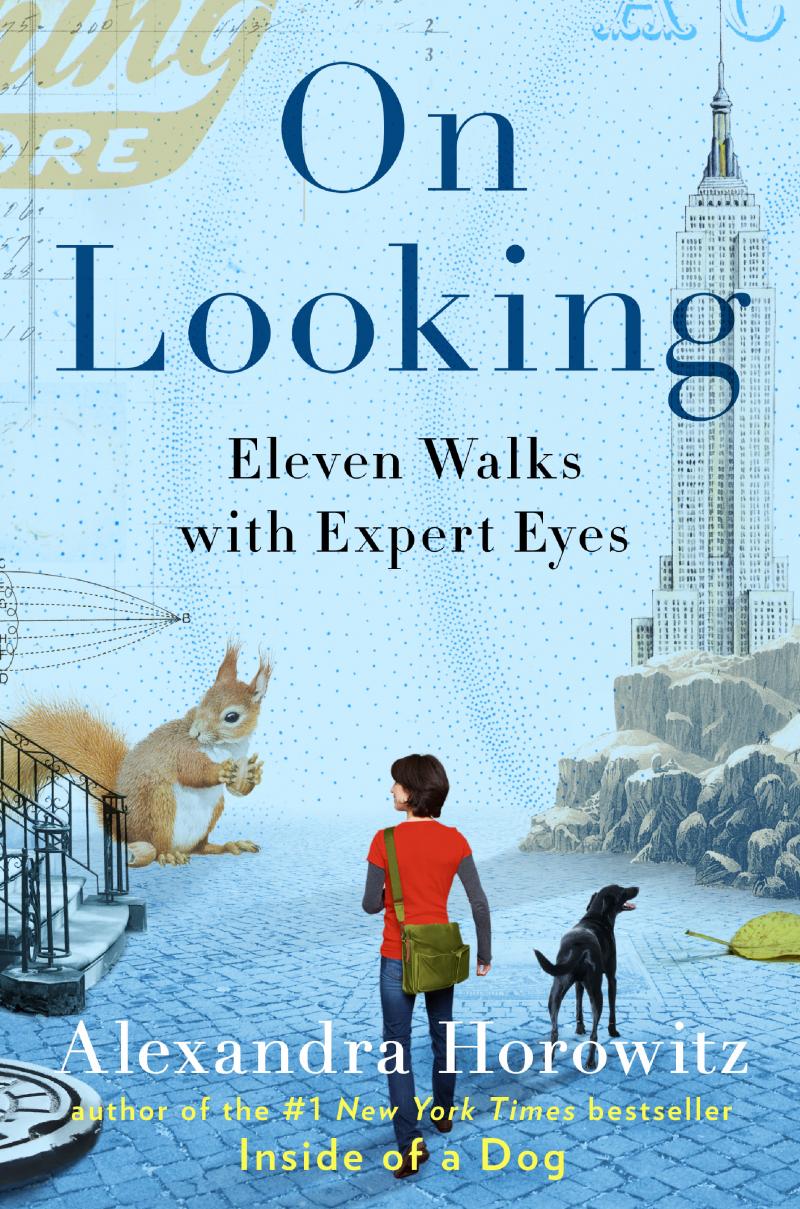
To find new things, take the path you took yesterday.
— John Burroughs
It’s amazing what you can see if you actually look at things you’ve seen a hundred times before. Alexandra Horowitz, like most of us, has wandered city sidewalks many times, but usually without really paying attention to her surroundings. So for this book she went on a series of local walks with various experts, including a town planner, an audio engineer, a blind person, a toddler, and a dog. Each chapter describes the result as she looks at her familiar environment through a different lens.
This reminds me of walking with my own kids when they were very young: a five-minute stroll could easily take an hour. The world is such an interesting place if you actually stop and look. This book will inspire you to do just that.
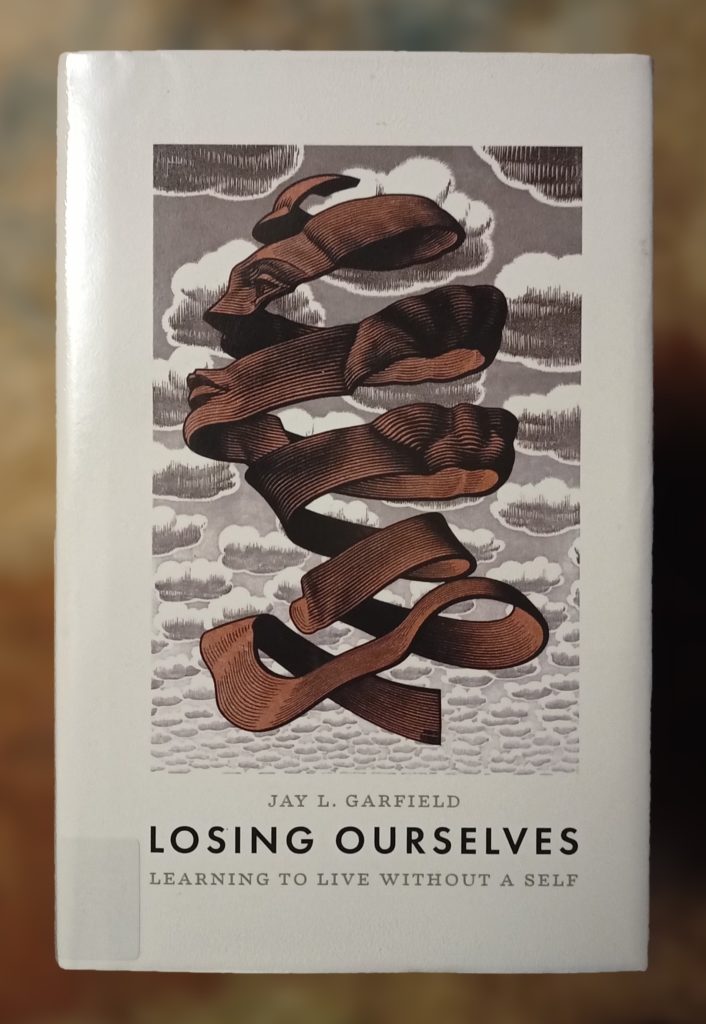
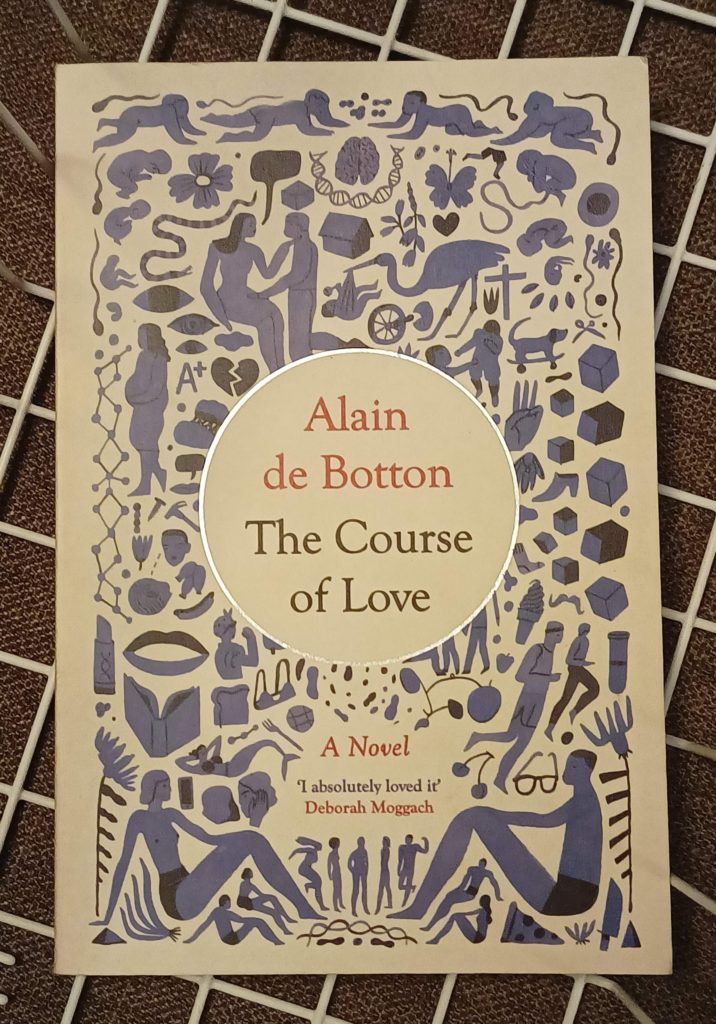
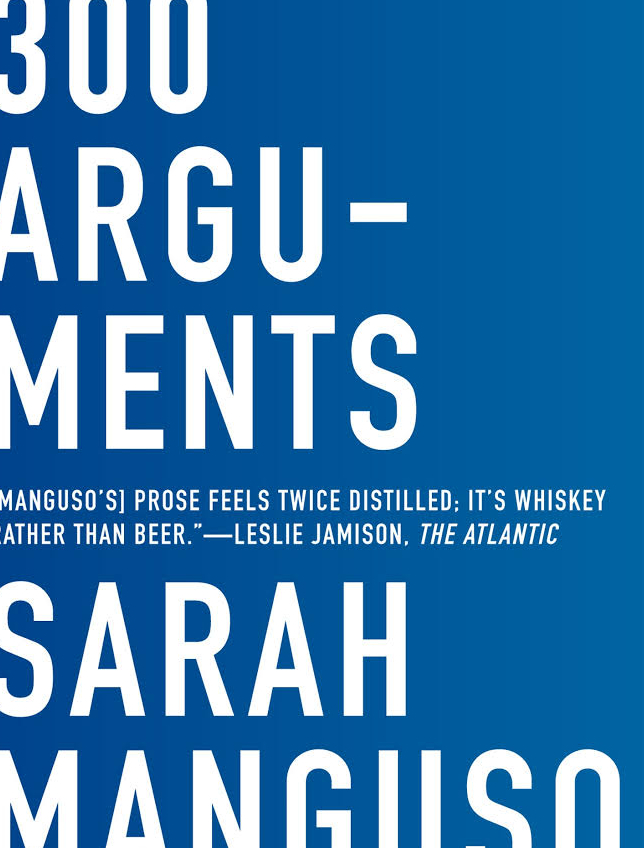
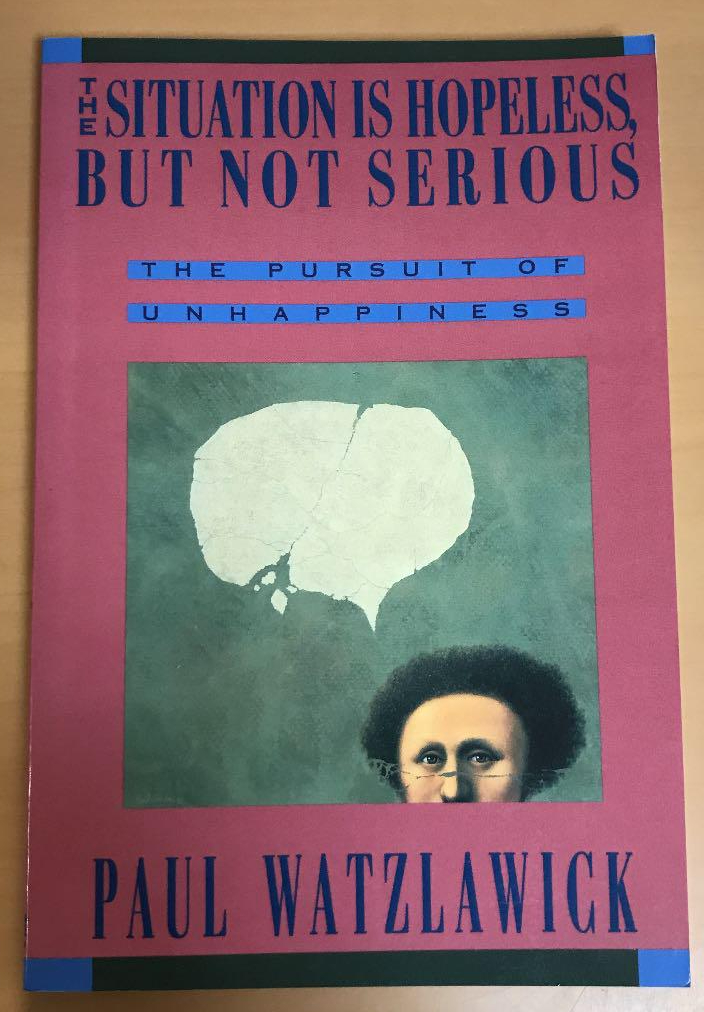

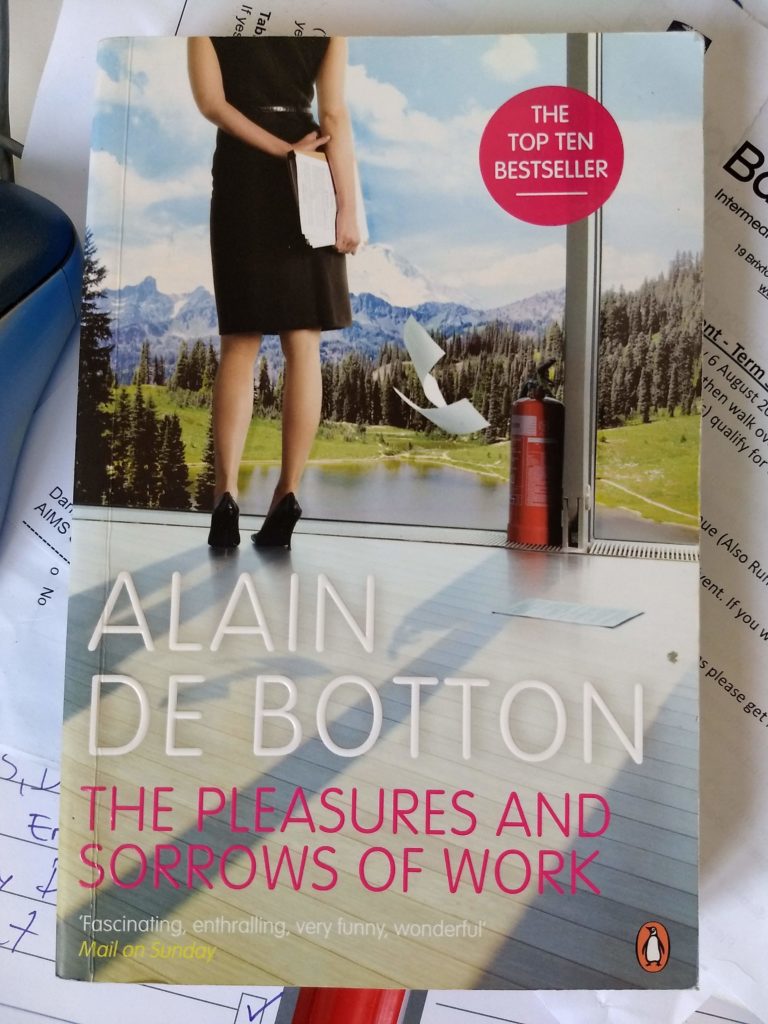
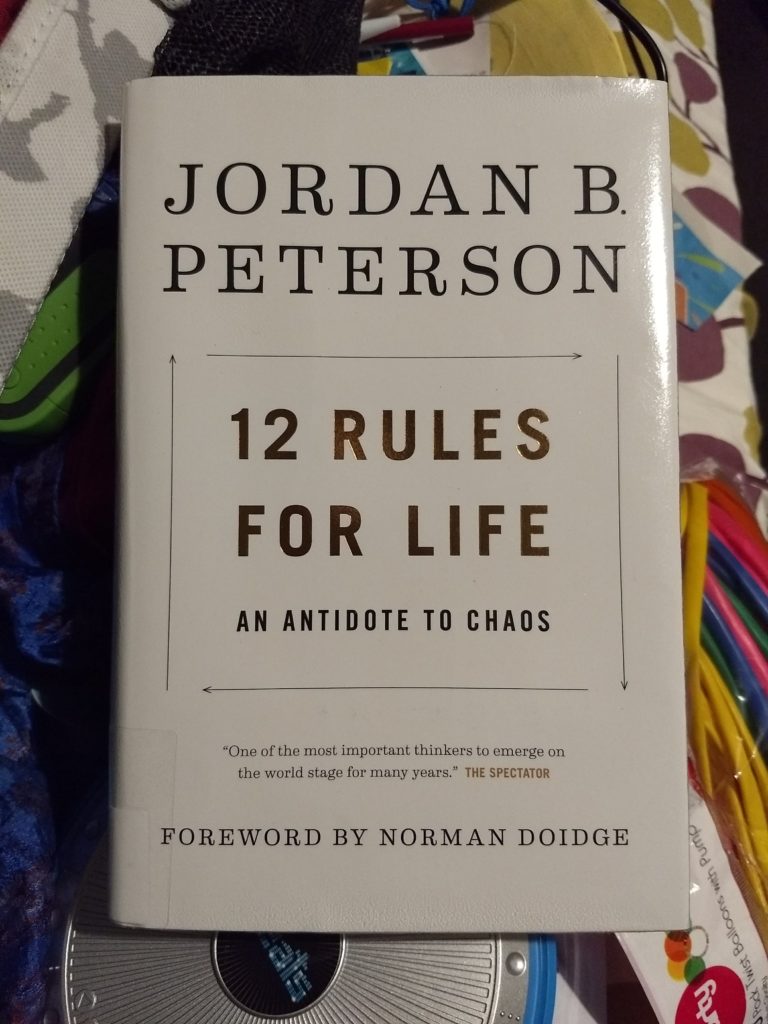 This is fun to read and it may change your life. The subtitle describes it best: chaos (particularly perhaps the chaos of the modern world) is what Peterson dreads, and he offers prescriptions, strategies and even commandments for how to preserve an ordered and civilised life from the relentlessly pounding waves of entropy. And all presented using language that virtually demands to be read out loud.
This is fun to read and it may change your life. The subtitle describes it best: chaos (particularly perhaps the chaos of the modern world) is what Peterson dreads, and he offers prescriptions, strategies and even commandments for how to preserve an ordered and civilised life from the relentlessly pounding waves of entropy. And all presented using language that virtually demands to be read out loud.
